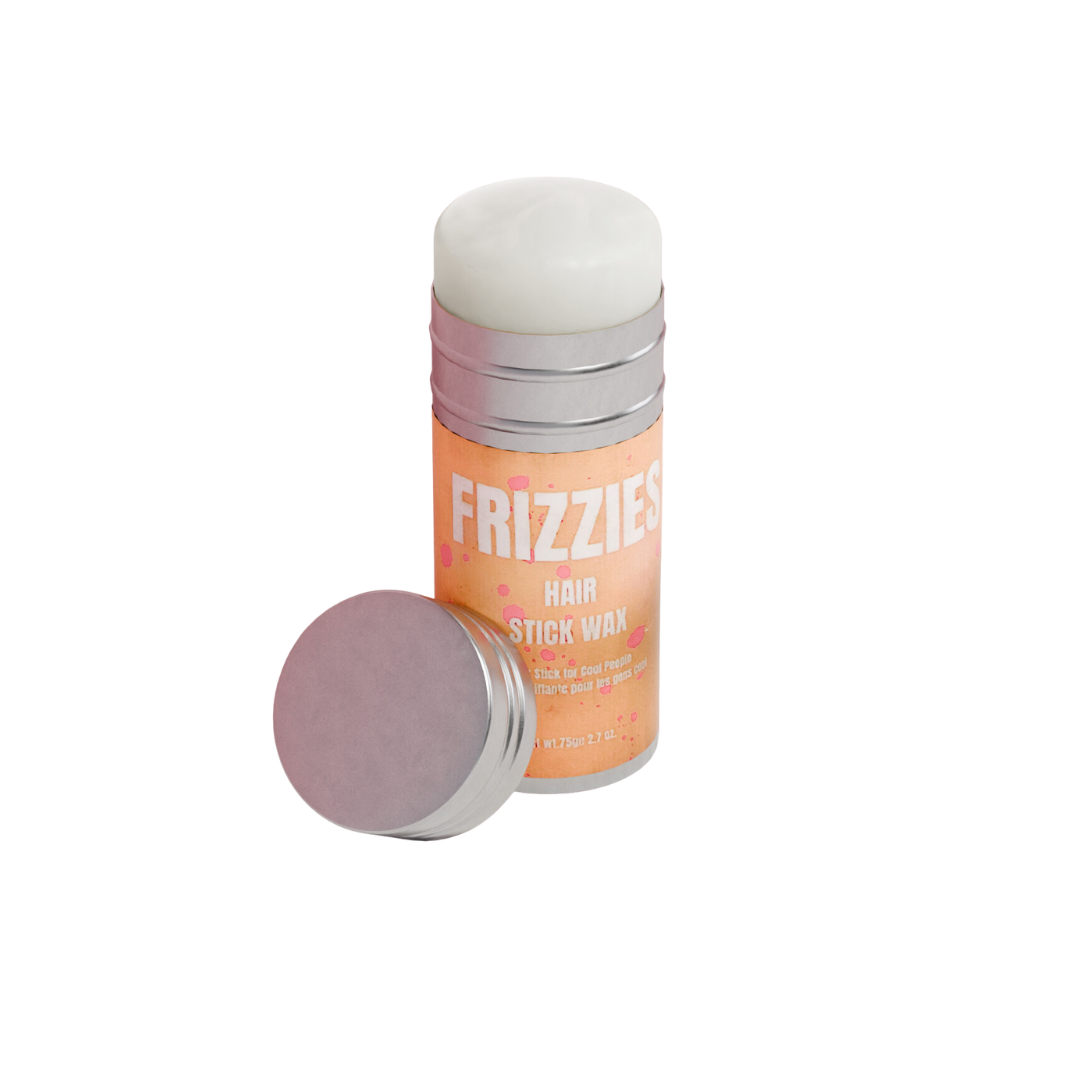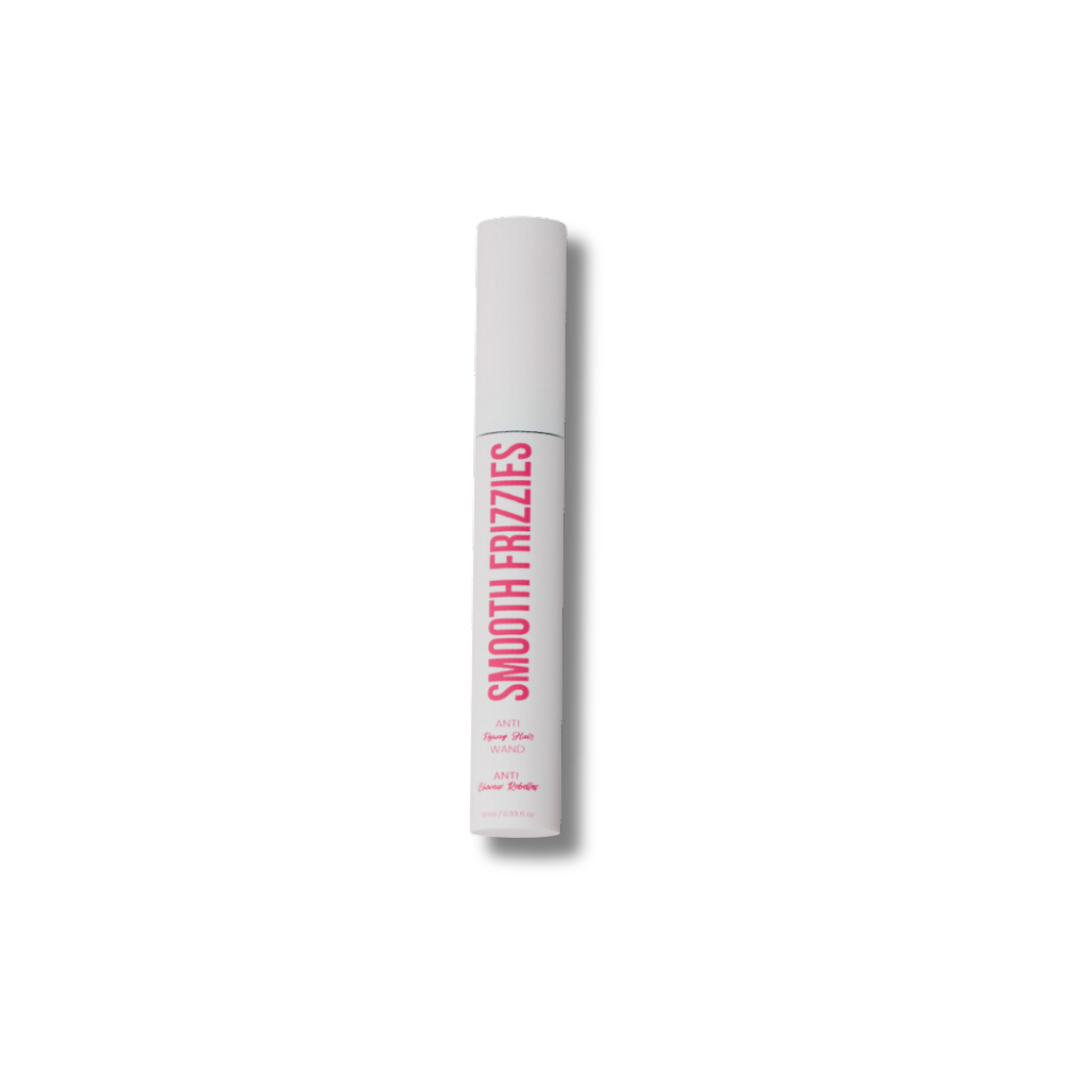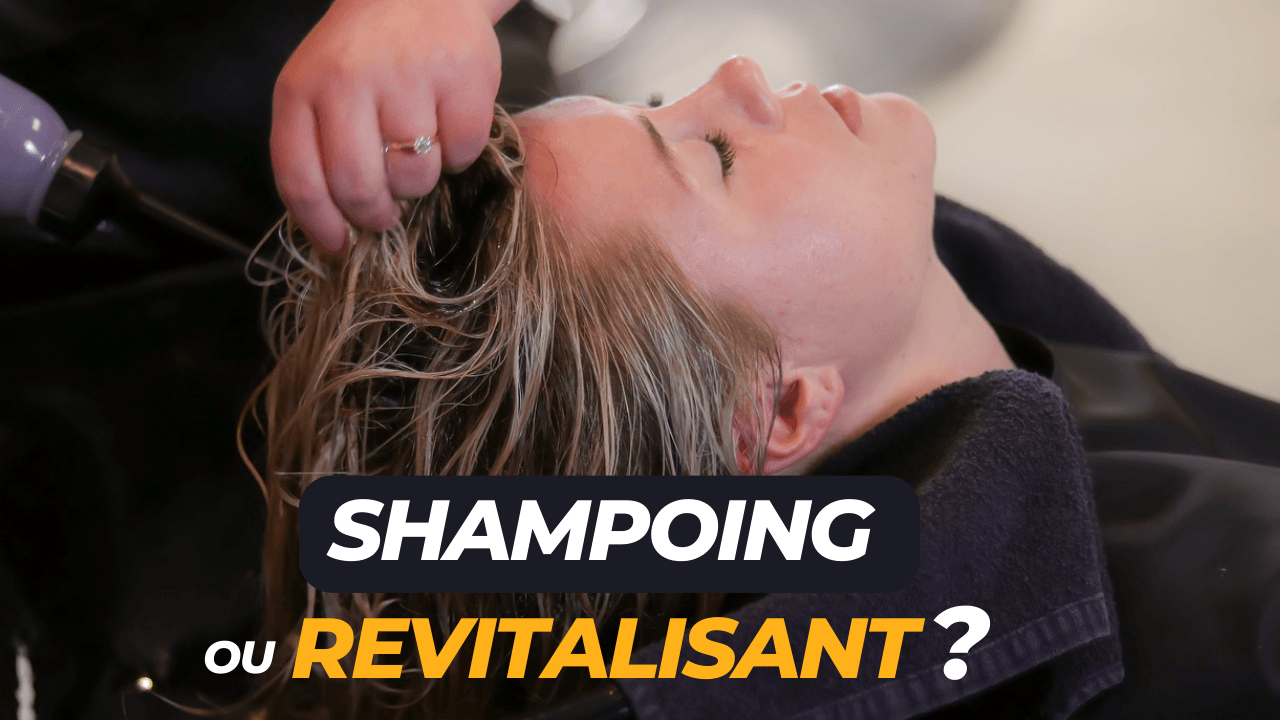If you notice more strands in your brush than usual or your ponytail seems a little thinner, you're not alone. Hair loss is a common concern among both men and women, with its effects extending beyond the physical, often affecting our self-esteem and self-confidence.
Understanding the causes of hair loss is the first step toward taking control of your hair health. It's an essential starting point, whether you're trying to prevent further thinning or working to regrow those lush locks.
In this article, we will not just discuss the causes of hair loss; we will also provide you with effective strategies to deal with and remedy them directly.
Understanding the Hair Growth Cycle
Understanding how hair grows is a crucial step in understanding why it may be thinning. We often imagine hair growth as a constant process, with each strand growing a little each day. However, hair growth is much more complex and occurs in distinct stages.
The Hair Growth Cycle
The hair growth process occurs in a cycle divided into three phases: the anagen (growth) phase, the catagen (transition) phase and the telogen (rest) phase.
1- Anagen phase
This is the phase when your hair is actively growing. This phase can last anywhere from two to seven years, and the length of this phase will determine the maximum length of your hair .
2- Catagen phase
This short transition phase lasts approximately two to three weeks. During this phase, the hair follicle shrinks and detaches from the dermal papilla (a structure on the scalp responsible for delivering nutrients to the hair).
3- Telogen phase
Finally, we have the telogen or resting phase which lasts approximately three months. During this phase, the hair does not grow but remains attached to the follicle while the part located below begins to form a new hair. Once these new hairs are fully formed, the old hairs are pushed back and the cycle begins again.
Generally, 90% of our hair is in the anagen phase while the remaining 10% is in the telogen phase. This is why it is completely normal to lose between 50 and 100 strands of hair every day. However, if you lose much more than that, it could indicate that something is interrupting the natural hair growth cycle.
Causes of thinning hair
Hair loss can be discouraging. You may feel like you're losing part of your identity, and it can be confusing and incredibly frustrating to not understand why this is happening. To help you better understand what may be going on, we've put together a list of the most common root causes of hair loss.
1- Nutritional deficiencies
Insufficient intake or poor absorption of essential vitamins and minerals can lead to thinning hair. Iron, zinc, vitamin D and B vitamins are essential for healthy hair growth. A lack of these elements can lead to conditions such as telogen effluvium, which leads to increased shedding and noticeable thinning.
2- Hormonal changes
It is one of the main causes of hair loss in women. Changes in hormonal balance, especially during pregnancy, menopause or due to conditions such as PCOS, can lead to thinning hair.
3- Androgenetic alopecia
It is a common genetic condition that can affect both men and women, commonly known as male and female pattern baldness. Women with this condition may notice diffuse thinning throughout the scalp.
4- Stress and emotional trauma
High levels of stress, whether emotional or physical, can disrupt the normal hair growth cycle, leading to conditions such as telogen effluvium and alopecia areata, where thinning hair becomes evident.
5- Age
As we age, our hair naturally becomes thinner, weaker and hair follicles less productive. It is a normal part of aging and affects all individuals to some extent.
6- Thermal and chemical styling
Excessive use of heat tools, chemical treatments, and certain hairstyles can cause physical damage to hair strands, leading to breakage and thinning.
7- Scalp health
Conditions such as seborrheic dermatitis, psoriasis and fungal infections can damage or disrupt the scalp environment, affecting hair growth and making it appear thin.
8- Autoimmune diseases
Conditions such as alopecia areata, lupus and others can lead to hair thinning and loss because the immune system mistakenly attacks the hair follicles.
9- Medicines and medical treatments
Certain medications, especially those for cancer, arthritis, depression, heart disease and high blood pressure, can cause hair loss and thinning.
10- Weight loss and intensive diet
Rapid weight loss, especially when it results from crash dieting or an eating disorder, can cause deficiencies in nutrients essential for hair growth, thus leading to hair thinning.
11- Thyroid disorders
Hypothyroidism (an underactive thyroid) and hyperthyroidism (an overactive thyroid) can lead to thinning hair because they disrupt the hair growth cycle.
12- Postpartum hair loss
Many women experience thinning hair and an increased rate of hair loss after childbirth due to lower estrogen levels.
13- Environmental factors
Exposure to pollution, hard water and sun can damage hair, leading to thinning and loss. These environmental stressors can weaken hair and exacerbate hair loss conditions.
14- Smoker
Smoking reduces circulation to the scalp, depriving hair follicles of the oxygen and nutrients they need to stay healthy and strong, leading to thinning hair.
Now that we've discussed the common causes, let's talk about the solutions and see how to combat hair loss and promote luscious, full hair.
Identifying and diagnosing thinning hair
Identifying the cause of hair loss involves a detailed examination of your lifestyle, diet, medical history and even genetic factors. Remember, knowledge is the first step towards a solution.
Physical examination: This begins with a careful visual inspection of the hair and scalp to identify any apparent problems such as scalp diseases, baldness or physical damage.
Medical History: A detailed medical history can reveal conditions that may be contributing to thinning hair. These include hormonal disorders, autoimmune diseases, recent childbirth or a history of very stressful events. The use of certain medications is also important.
Dietary Assessment: Since nutritional deficiencies are a common cause of hair loss, a closer look at your diet can be very revealing. It helps identify potential deficiencies in essential nutrients like iron, zinc and vitamins B and D.
Hair Pull Test and Hair Counting: These simple, non-invasive tests provide information on the stage of the shedding process and overall hair density.
Blood tests: These are used to identify or rule out underlying medical problems that may be causing hair thinning, such as thyroid disease or iron deficiency.
Scalp biopsy: In more complex cases, a small sample of skin from the scalp may be taken to obtain a detailed examination of the hair roots. This can help diagnose conditions that damage hair follicles.
Genetic testing: Since androgenetic alopecia is hereditary, genetic testing may be beneficial, especially when other causes have been ruled out.
Each person's hair loss story is unique and it may take a little detective work to uncover the root cause of hair loss. It is always best to consult a healthcare professional or trichologist if you notice significant thinning or hair loss. They can perform these diagnostic procedures and guide you on your path to regrowth and recovery.
Can thinning hair grow back?
In many cases, the answer is a resounding "Yes!". The ability for your hair to regrow or to halt the thinning process depends largely on the underlying cause. Once the cause is properly addressed, your hair often begins its journey back to health.
Nutritional Deficiencies: If nutritional deficiencies are the cause of your hair thinning, addressing these deficiencies through a balanced diet or appropriate supplementation can significantly improve hair health and promote hair regrowth.
Hormonal Imbalances: Hormonal imbalances due to conditions such as PCOS or thyroid problems can be managed with the help of a healthcare professional. As hormonal balance is restored, your hair may also begin to grow back.
Physical or emotional stress: In the case of stress-triggered telogen effluvium, as the body recovers and stress levels decrease, hair usually returns to its normal growth cycle.
Medication side effects: If a certain medication is causing your hair to thin, your doctor may be able to suggest an alternative medication or strategy that does not affect the health of your hair.
Androgenetic alopecia: Although it is a genetic condition, treatments such as minoxidil (Rogaine) and finasteride (Propecia) can help slow hair loss and even regrow it in some people. These treatments must be taken regularly to maintain their effects.
Scalp Conditions: Scalp conditions such as seborrheic dermatitis or psoriasis can be managed with the right treatment, leading to the regrowth of healthy hair.
How can I stop my hair loss?
While there is no magic bullet to instantly reverse hair loss, there are several steps you can take to combat hair loss and promote healthier, fuller hair. Let's explore some of these methods.
1- A healthy diet:
The phrase “you are what you eat” rings especially true when it comes to hair health. Nutrient-dense foods, like lean meats, fish, fruits, vegetables, whole grains, and healthy fats, can provide the essential vitamins and minerals your hair needs to thrive.
2- Adequate hydration:
Water is not only crucial to your overall health; it is also vital for maintaining healthy hair. Staying hydrated helps regulate the circulatory system, which nourishes the hair follicle, thereby stimulating hair growth.
3- Regular exercise:
Physical activity not only improves your overall health, but it also helps improve circulation and healthier hair by promoting hair growth.
4- Limit heat and chemical styling:
Frequent use of heat styling tools and harsh chemical treatments can cause significant damage to your hair, leading to breakage and thinning. Always be sure to use heat protectants and do your best to limit the use of heat and chemicals to keep your hair healthy.
5- Gentle handling:
Be gentle when brushing and styling your hair . Excessive pulling or tugging can cause physical damage, leading to breakage and thinning.
6- Regular scalp massages:
Massaging your scalp regularly can help stimulate blood circulation, which nourishes hair follicles and promotes hair growth.
7- Stress management:
Chronic stress can contribute to hair loss. Practices such as yoga, meditation, deep breathing, or any other stress-relieving activity you enjoy can help you manage your stress levels.
8- Avoid tight hairstyles:
Tight hairstyles like ponytails, braids, or buns can cause strain on hair follicles, leading to a type of hair loss called traction alopecia. Opt for looser hairstyles to avoid this type of hair loss.
The link between vitamin deficiencies and hair loss
You are what you eat. This is especially true when it comes to the health and vitality of your hair. A proper diet, rich in essential vitamins, minerals and nutrients, is essential for maintaining strong, healthy hair and preventing hair thinning. When we look at the research on “Which vitamin deficiency causes hair loss?” ", we see several key players in this area:
Vitamin D: Known as the “sunshine vitamin,” vitamin D plays an important role in the proliferation of hair follicles. A deficiency in this vital vitamin can lead to thinning and even loss of hair.
Vitamin A: Vitamin A helps skin glands produce an oily substance called sebum. Sebum hydrates the scalp and keeps hair healthy. However, balance is key here. Although a deficiency can cause hair loss, too much vitamin A can also have a similar effect.
B Vitamins: B vitamins, especially biotin (vitamin B7), are essential for healthy hair. Biotin deficiency can lead to thinning hair. Other B vitamins, including B12 and B6, are also essential for hair health because they help create red blood cells, which carry oxygen and nutrients to the scalp and hair follicles.
Vitamin E: Known for its powerful antioxidant properties, vitamin E helps neutralize harmful free radicals, thereby protecting hair follicles from damage and promoting healthy hair growth.
Iron: Although not a vitamin, iron is an essential mineral that your hair cells need. Without enough iron, your hair follicles may lack the oxygen and nutrients they need to produce new hair, leading to thinning hair.
Common Questions and Concerns
1- What is the main cause of hair loss?
Hair loss can result from various factors. This may be due to genetic factors, hormonal imbalances, stress, nutritional deficiencies or specific medical conditions. It is essential to identify the root cause to address it effectively.
2- Can thinning hair grow back?
Yes absolutely! Thinning hair can grow back, especially when it is due to a treatable condition or a temporary circumstance, such as stress or nutritional deficiencies. Identifying the root cause and addressing it is the key to getting your hair back to its former thickness.
3- How can I stop my hair loss?
Stopping hair loss starts with understanding the cause. Once you have identified the root of the problem, whether it is hormonal imbalances, stress, nutritional deficiencies or a health problem, you can then take the necessary steps to address it. This may involve lifestyle changes, medications, topical treatments, or nutritional supplements.
Remember, it is always best to consult a doctor or hair care professional if you notice significant hair loss or thinning. They can guide you to the right solution for your individual needs and situation.
Also read; CAN HAIR DYES CAUSE HAIR LOSS OR THINNING ?
Conclusion
We've discussed some of the common and not-so-common causes of hair loss, ranging from genetics and hormonal imbalances to stress, nutritional deficiencies, and underlying health conditions. We have seen how these factors can impact the health of our hair, leading to breakage, thinning and hair loss.
But we've also seen that hair loss isn't a life sentence. With the right knowledge, tools and treatments, you can combat hair loss and promote healthier, thicker, more vibrant hair.







Leave a comment
This site is protected by hCaptcha and the hCaptcha Privacy Policy and Terms of Service apply.